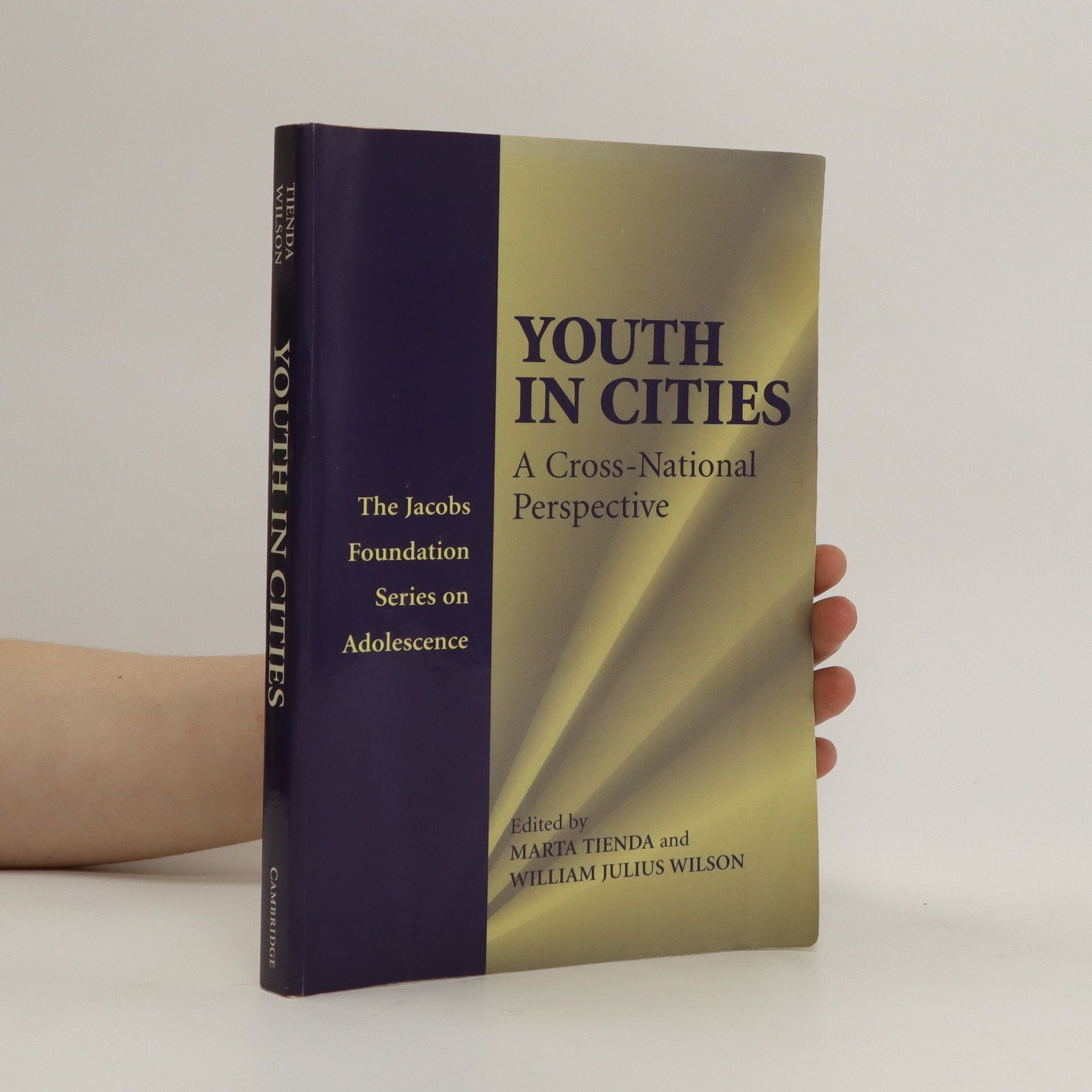Criminal Law
- 688 páginas
- 25 horas de lectura
This textbook provides a substantial survey of criminal law, covering key topic areas as well as extensive analysis and evaluation
William Julius Wilson se erige como una figura líder y pionera en la sociología afroamericana. Su obra examina críticamente las luchas de los pobres afroamericanos urbanos, explorando cómo la interacción de la clase socioeconómica y las barreras raciales obstaculiza el progreso. Si bien enfatiza la importancia de la clase, su investigación ha generado debates sobre su potencial para eclipsar el impacto de la raza y la discriminación. Los influyentes escritos de Wilson han resonado ampliamente, incluso inspirando importantes series de televisión, lo que subraya su profunda relevancia cultural.


This textbook provides a substantial survey of criminal law, covering key topic areas as well as extensive analysis and evaluation
There is growing awareness of the common difficulties experienced by poor young people who grow up in cities--crime and juvenile delinquency, limited access to education, the spread of infectious diseases, homelessness, and high rates of unprotected sex. They must contend with weak families and social institutions, poor labor market prospects, and for the most unfortunate, the ravages of gang war and the HIV/AIDS epidemic. Chapters in this volume present and assess comparative evidence on the well-being of urban youth and proven interventions for assuaging the deleterious effects of poverty.